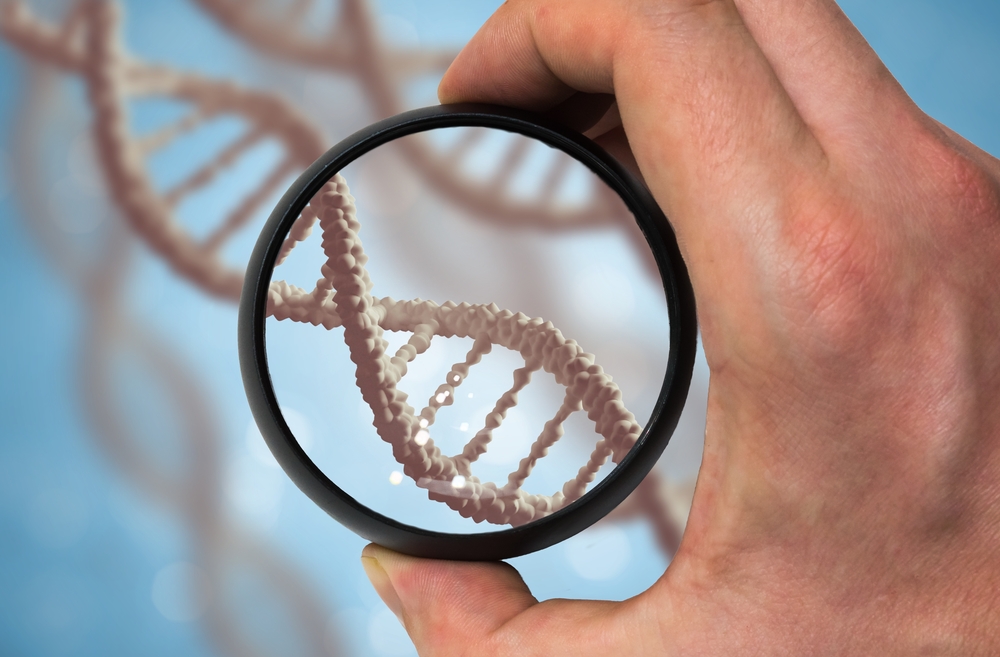Genomic instability is a significant challenge to the human body that can arise due to a variety of causes. It is characterized by an increase in the rate of genomic alteration, leading to an increased risk of cancer and other diseases. To mitigate genomic instability and counteract it, various treatments are available that help reduce its effects and restore genome stability.
The first treatment involves getting adequate amounts of nutrition, which can play a major role in regulating the rate of genomic alteration. Nutrients such as vitamins, antioxidants, and fatty acids are known to reduce the risk of genomic instability. Additionally, regular physical activity can also aid in reducing the rate of genomic alteration by reducing oxidative stress and improving the body’s overall health.

Other treatments for mitigating genomic instability include taking dietary supplements such as curcumin, quercetin, and resveratrol. These supplements can help reduce inflammation, boost immunity, and protect the genome from damage. Additionally, lifestyle modifications such as avoiding smoking, reducing stress, and maintaining a healthy body weight can all help reduce the risk of genomic instability.
Finally, specialized therapies are available to help counteract genomic instability. These therapies may include gene therapy, radiotherapy, chemotherapy, and other targeted interventions aimed at minimizing alterations to the genome. Additionally, pharmacological therapies such as gene silencing, epigenetic reprogramming, and targeted gene therapy are being studied as potential treatments for mitigating genomic instability.In conclusion, genomic instability can be effectively managed with appropriate treatments that target its various causes. Proper nutrition and physical activity, lifestyle modifications, and specialized pharmacological and gene-based therapies are all effective strategies for reducing the risk of genomic alterations and counteracting their effects. Together, these treatments can help promote genome stability and reduce the risk of disease.
What treatments can help mitigate genomic instability?
Treatments for mitigating genomic instability include getting adequate nutrition, taking dietary supplements, making lifestyle modifications, and specialized therapies such as gene therapy, radiotherapy, and chemotherapy.
How can nutrition help reduce the risk of genomic instability?
Adequate nutrition, including vitamins, antioxidants and fatty acids, can help reduce the risk of genomic instability by providing the body with essential nutrients it needs to protect and restore genome stability.
What are the specialized therapies available to counteract genomic instability?
Specialized therapies for mitigating genomic instability can include gene therapy, radiotherapy, chemotherapy, epigenetic reprogramming, and gene silencing.
How does regular physical activity help reduce the rate of genomic alteration?
Regular physical activity helps reduce the rate of genomic alteration by promoting production of molecules and enzymes that help protect the genome from damage.
https://doi.org/10.1182/blood-2011-06-363911
